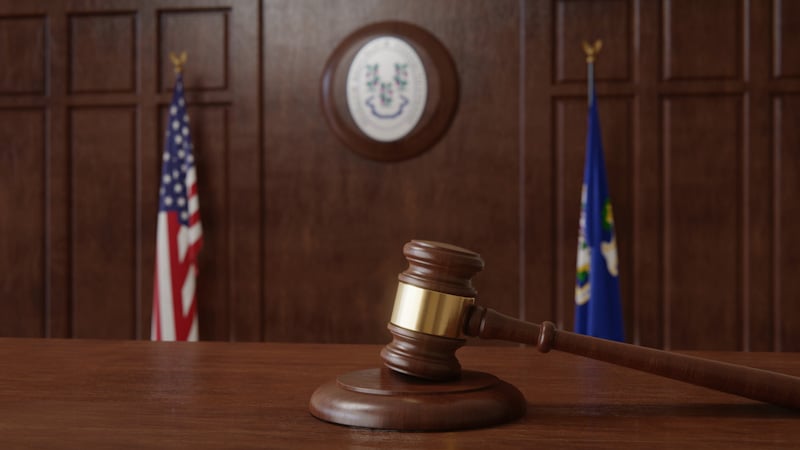To print this article, all you need is to be registered or login on Mondaq.com.
The U.S. Congress is currently considering legislation to
prevent the governments of foreign
adversaries1 from siphoning data and information
from U.S. companies in order to advance their own capabilities in
the biotechnology field.
Both the House of Representatives and Senate have drafted bills
(collectively referred to as the “BIOSECURE Act” or the
“Act”) that would prevent U.S. government agencies, as
well as private companies contracting with them, from obtaining
goods or services from “Biotechnology Companies of
Concern,” which are currently identified in the pending
legislation as the following companies based in the People’s
Republic of China (PRC): BGI, MGI, Complete Genomics, Wuxi Apptec
and any of their respective subsidiaries, parent affiliates or
successors.
Although this legislation is still in the early stages, it is
garnering strong bipartisan support in light of the U.S.
government’s concern that the PRC “seeks to dominate
biotech as an industry of the future”2,
potentially at the expense of the U.S. and other countries. On this
basis, it is quite likely that some form of the BIOSECURE Act will
eventually become law.
Potential Downside of the BIOSECURE Act
Although the reach of the proposed legislation is still unclear,
what is clear is the impact that the Act will have on the U.S.
biotechnology industry, including those biotech and pharma
companies that are not affiliated with the U.S. government, and
therefore, not directly impacted by the Act’s prohibition on
contracting with the Biotechnology Companies of Concern (hereafter
referred to as “BCCs”).
Since many of these private companies rely on BCCs to provide
products and services (such as research and development services,
manufacturing of commercial products including FDA-approved
medications, and clinical-stage products for on-going clinical
trials), they will likely encounter fulfillment difficulties should
BCCs reduce capacity in response to the loss of revenue from U.S.
government contracts. For example, it will likely be harder to
obtain slots for manufacturing runs of medicinal products at BCCs,
causing disruption to supply chains and the potential increase in
drug prices. Moreover, the entire U.S. biotechnology industry
(government and private entities alike) could be forced to spend
resources on finding alternative vendors at the expense of valuable
innovative initiatives.
Likewise, it is possible that the Act could impact non-profit
organizations receiving federal funding, including universities and
academic medical centers that perform basic research and clinical
trials sponsored by biotech and pharma companies. If this should
happen, biotech and pharma companies would lose access to the
clinical and research expertise of academic institutions, severely
limiting their drug development programs. In addition, non-profit
organizations would lose a valuable source of funding.
These factors represent a serious counterpoint to the obvious
national security threat that adversarial governments like the PRC
pose, particularly if they succeed in obtaining U.S. proprietary
technology, genetic data of U.S. citizens, or other proprietary
information that could be used to further interests that are
clearly not aligned with those of the U.S.
Next Steps for U.S. Biotech Companies
As Congress weighs national security interests against the
likely impact this legislation will have on the U.S. biotech
industry, U.S. biotech companies may wish to prepare for the
possible implementation of some form of the BIOSECURE Act by taking
the following cautionary steps:
- Follow the Act as it winds its way through the legislative
process, with a particular awareness of the political and practical
positions being discussed and any timetables for finalization and
enactment, as well as the rationale behind the Biotechnology
Industry Organization’s endorsement of the Act. - Assess your company’s current and planned use of BCCs and
other foreign companies that might be added to the list of BCCs.
Also, consider adding protective provisions to contracts with BCCs,
such as strong termination and technology transfer provisions in
contract development and manufacturing (CDMO) agreements;
comprehensive data protection clauses in commercial contracts; and
choice of law provisions that do not use Chinese law or the law of
the applicable BCCs as the governing law in those contracts. - Investigate and qualify alternative vendors for services
provided by BCCs. For example, since data analysis services,
particularly those involving the transfer of genetic data to BCCs,
are seen as a serious national security risk, it is essential for
companies to begin identifying less risky providers of these
services. - Monitor policy statements from academic institutions and other
potential sites for clinical studies and plan clinical research
accordingly.
Since the final version of the BIOSECURE Act is not yet known,
it is hard to predict how regulatory compliance issues will be
impacted. That said, once the Act becomes law, we plan to explore
its provisions and requirements from a regulatory and operational
perspective in a future post. In the meantime, please feel free to
contact Elizabeth Smith at esmith@outsidegc.com if you
would like to discuss this legislation in the context of your
organization.
Footnotes
1. Currently defined as China; Cuba;
Iran; North Korea; Russia; and Venezuelan politician
Nicolás Maduro (Maduro Regime) 15 CFR §7.4
2. H.R 7085 § 2(a)(1)
The content of this article is intended to provide a general
guide to the subject matter. Specialist advice should be sought
about your specific circumstances.
POPULAR ARTICLES ON: Food, Drugs, Healthcare, Life Sciences from United States
#Understanding #Proposed #BIOSECURE #Act #Means #U.S #Life #Sciences #Companies #Life #Sciences #Biotechnology #Nanotechnology










